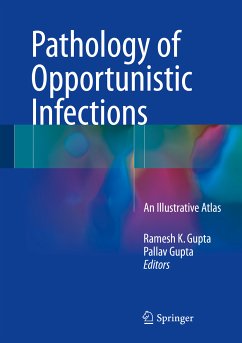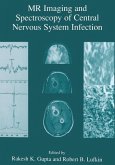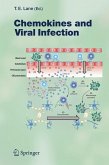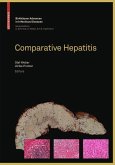Over the past few decades, certain therapeutic advances -such as organ transplantation, prolonged use of steroids and other immunosuppressants for various diseases and chemo-radiotherapy for the treatment of malignant tumors- have, in addition to improving patient survival, also contributed to significant aberrations in the patients' host defense mechanisms. Further, due to compromised host resistance, certain clinical conditions such as HIV/AIDS, diabetes mellitus, and major organ-related problems like chronic renal failure, chronic liver and chronic lung diseases etc., make these patients potentially vulnerable to a variety of opportunistic infections.
The challenges posed by the opportunistic pathogens are enormous. Early clinical suspicion, prompt morphological identification and timely management are essential so as to prevent high morbidity and mortality associated with these infections. These pathogens often go unnoticed due to a lack of familiarity with their morphological appearances in the context of histopathological and/or cytological evaluation.
Dieser Download kann aus rechtlichen Gründen nur mit Rechnungsadresse in A, B, BG, CY, CZ, D, DK, EW, E, FIN, F, GR, HR, H, IRL, I, LT, L, LR, M, NL, PL, P, R, S, SLO, SK ausgeliefert werden.









